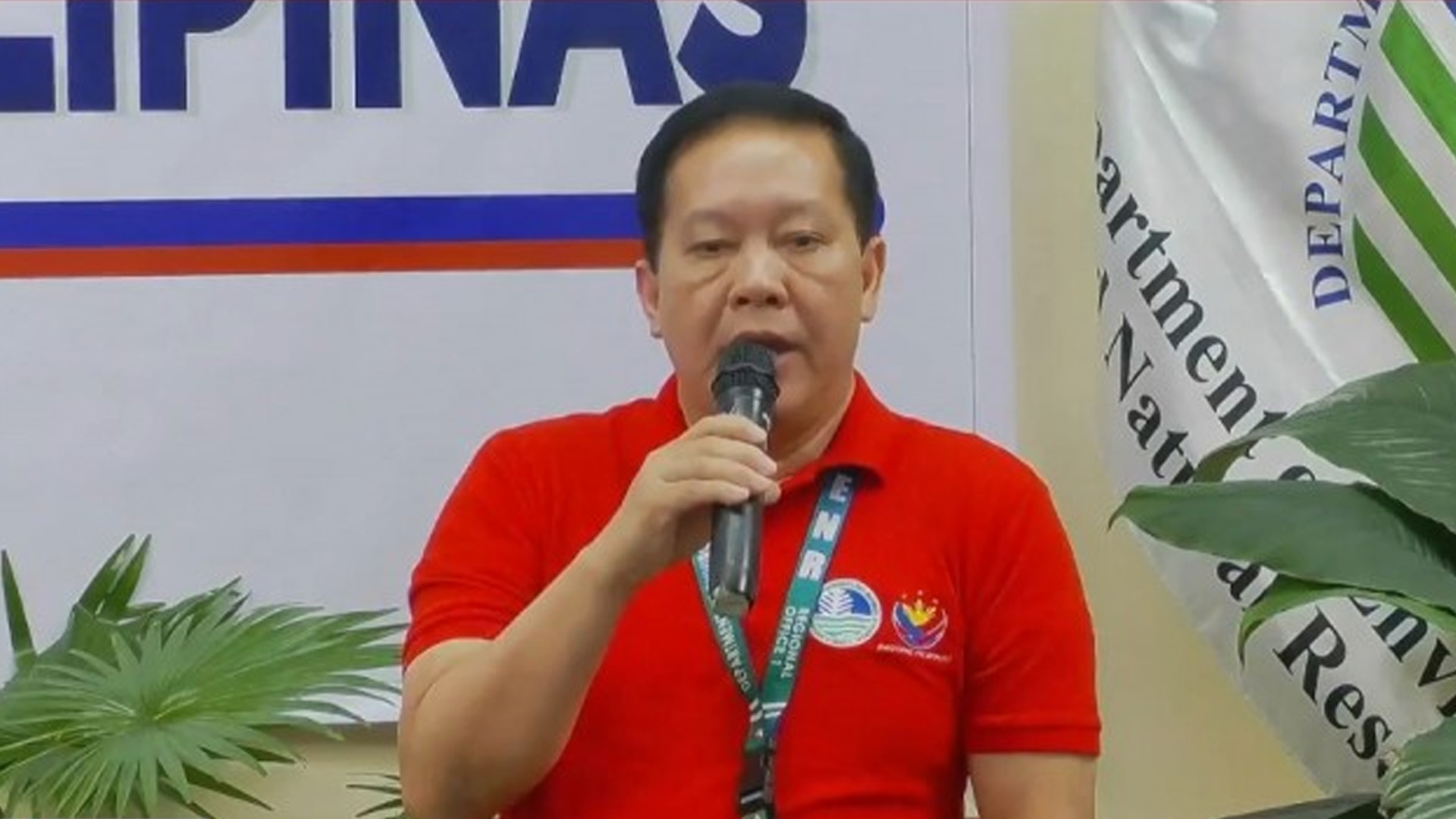Over 3.1 million hectares (ha) in the Ilocos Region have been planted with tree seedlings since the National Greening Program (NGP) started in 2011, the Department of Environment and Natural Resources (DENR) said Tuesday.
At the Kapihan sa Bagong Pilipinas forum hosted by the Philippine Information Agency in San Fernando City, La Union on Tuesday, DENR-Ilocos Region Executive Director Crizaldy Barcelo said the seedlings planted, mostly in upland forests, have an 85 percent survival rate.
These include mostly indigenous species and high-value crops like mango, bamboo, mangrove and coffee.
Barcelo said tree-planting activities now include protected areas.
He noted that about two-thirds of the around 150,000 ha of open forests in the region are available for planting, thus the strengthened partnership with civil society groups, non-government organizations and government agencies, among others.
He said the Association of Regional Executives-Ilocos recently partnered with DENR for tree-growing activities along Daang Kalikasan in Mangatarem, Pangasinan.
“It adopted 10 hectares in Mangatarem, which it will develop for five years and serve as its plantation site,” he said.
Other projects
Barcelo said the DENR also implements Project Transform (Transdisciplinary Approach for Resilient and Sustainable Communities through Multistakeholder Engagement), aimed at collating the best practices of the government and private sectors to form inclusive, science-based and data-driven template that all the stakeholders can use to help address the effects of climate emergency.
He said DENR also ensures water and air quality through regular monitoring.
The agency has four water quality monitoring areas in the Ilocos Region, 43 beach monitoring stations and seven established ambient air quality monitoring stations.
It was, likewise, deputized by the National Water Resources Board to help bring potable water to far-flung areas.
Regional Environmental Management Bureau supervisor Michael Alvear said that 73 of 125 local government units (LGUs) in the region already have their own sanitary landfill while 50 others share with existing facilities.
“The compliance rate on solid waste management among the LGUs in the region is high. Regarding open dumpsite, we are assisting them on how to have their own sanitary landfill or enable access to nearest sanitary landfill,” he said. (PNA)


















